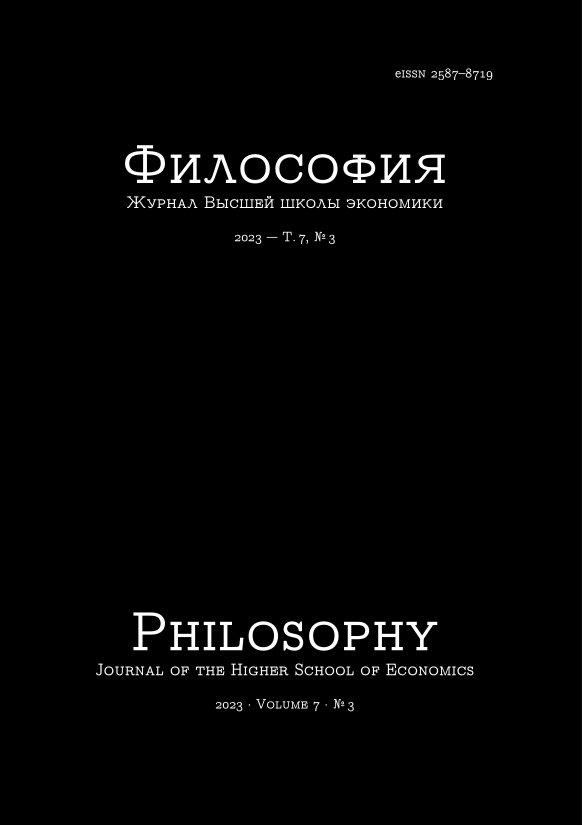Judgment as a Political Issue
Reflections in the Absence of a Stable Ground. Part 1
Abstract
This article is devoted to a brief study of the concept of judgment in the philosophy of Hannah Arendt. When modern philosophers in their political and philosophical reflections turn to the concept of judgment as a human ability, duty or political virtue, this is Hannah Arendt, whom they remember first. She is, who, in her Lectures on the Political Philosophy of Kant, in the book “Banality of Evil: Eichmann in Jerusalem”, and in many articles, discussed what it is — a judgment. Do we have a well-defined notion of judgment? Is it a human ability, like the ability to read or write, or a part of the mind or reason? Is it necessary or is it an optional ability, without which a person can live a wonderful life and lack nothing? Does it presuppose the ability to theorize, or is this skill better developed in practical, political life, and not in contemplative one? Arendt can find answers to these questions, and to the one that probably most worries those who turn to her texts on the concept of judgment — questions about why and when this human ability acquires a political dimension, and what this has anthropological implications. In this article we will talk about the definition of the concept of judgment and how it is related to the concept of freedom, to thinking and to the study of the political field, where man as a free, acting and thinking being is fully realized.
Downloads
Copyright (c) 2023 Philosophy Journal of the Higher School of Economics

This work is licensed under a Creative Commons Attribution-NonCommercial 4.0 International License.






